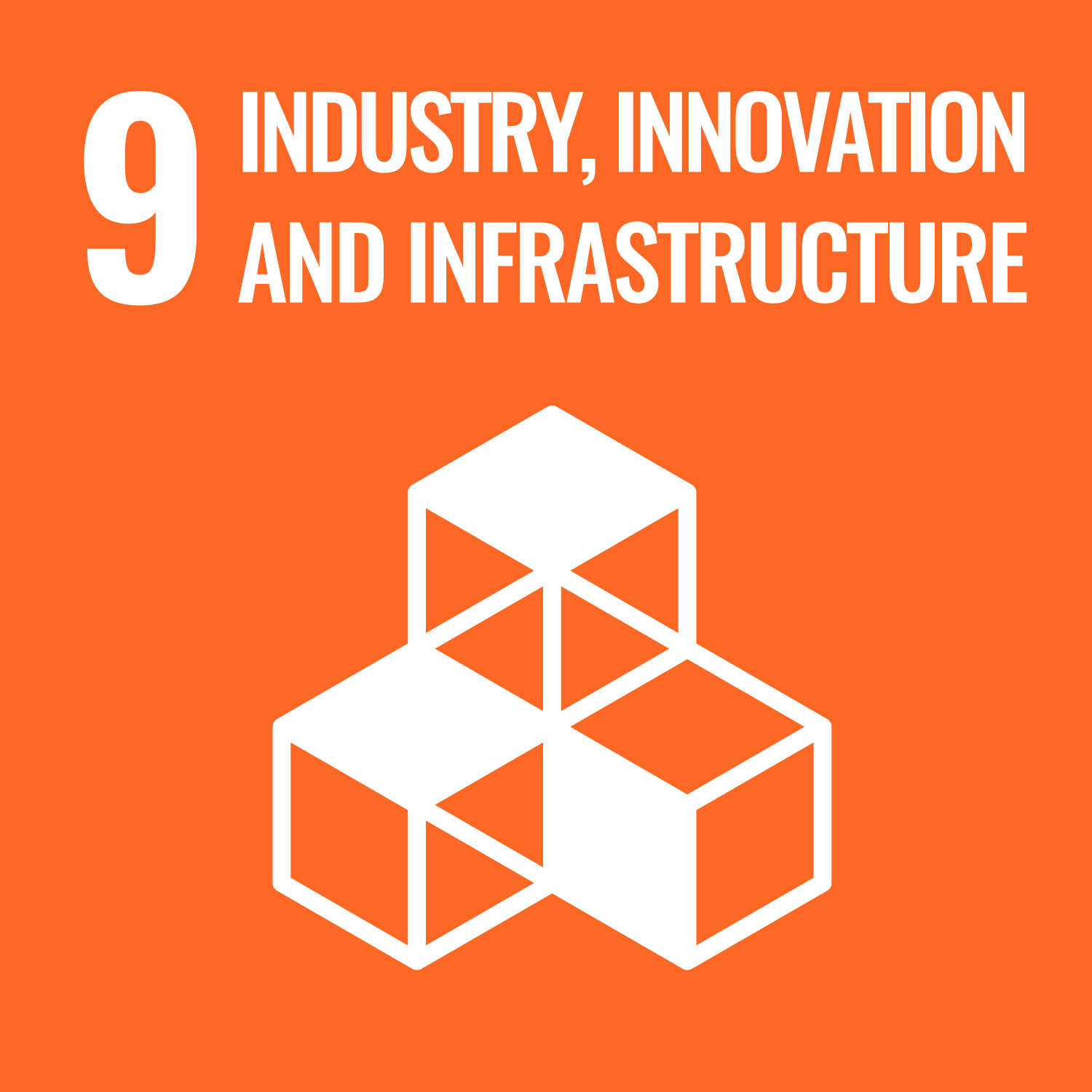Terras, M. orcid.org/0000-0001-6496-3197, Anzinger, B., Gooding, P. et al. (6 more authors) (2025) The artificial intelligence cooperative: READ-COOP, Transkribus, and the benefits of shared community infrastructure for automated text recognition. Open Research Europe, 5. 16. ISSN: 2732-5121
Abstract
Background
Stakeholder input into Artificial Intelligence (AI) and Machine Learning (ML) is critical for creating AI systems that are both innovative and accountable. This paper examines READ-COOP (https://readcoop.eu), a platform cooperative that develops and hosts its own AI and ML Automated Text Recognition (ATR) tools (https://transkribus.org). This case study demonstrates an alternative cooperative governance model for technology innovation and creating responsible AI infrastructure.
Methods
We employ Reflection-In-Action and a qualitative Member questionnaire to document the development of READ-COOP from European Commission funded research project to independent cooperative. We assess the cooperative’s structure, management, and community engagement from 2019 to 2024, including membership dynamics, use, governance, and operational efficacy.
Results
As of October 2024, READ-COOP has 227 Members from 30 countries, and 235,000 registered User accounts. Transkribus has processed 90 million digital images of historical texts, demonstrating effective AI utilization in the cultural heritage sector, winning the European Union’s Horizon Impact Award 2020. The cooperative approach facilitates democratic decision-making, leading to sustainable growth, and significant stakeholder involvement. Qualitative feedback indicates high levels of satisfaction with the cooperative’s governance and the perceived integrity and utility of the AI infrastructure, while supporting exceptional engagement with technology innovation.
Conclusions
READ-COOP demonstrates that a cooperative business model has potential to sustain and support innovation in AI and ML infrastructures while promoting democratic participation and equitable ownership in particular contexts, in this case the cultural heritage sector. We suggest that cooperative frameworks are particularly suitable for AI infrastructures initially funded through public grants, providing a sustainable transition from public development to long-term, sustainable community-ownership, where focussed tool providers have adequate community support. We recommend wider application and exploration of cooperative models for innovation in AI and ML technologies for responsible creation, governance, and use, although we recognise READ-COOP’s unique context, community, and success may be an outlier.
Metadata
| Item Type: | Article |
|---|---|
| Authors/Creators: |
|
| Copyright, Publisher and Additional Information: | © 2025 Terras M et al. This is an open access work distributed under the terms of the Creative Commons Attribution License, which permits unrestricted use, distribution, and reproduction in any medium, provided the original work is properly cited. https://creativecommons.org/licenses/by/4.0/ |
| Keywords: | Information and Computing Sciences; Artificial Intelligence; Machine Learning and Artificial Intelligence; Industry, Innovation and Infrastructure |
| Dates: |
|
| Institution: | The University of Sheffield |
| Academic Units: | The University of Sheffield > Faculty of Arts and Humanities (Sheffield) > School of History, Philosophy and Digital Humanities |
| Date Deposited: | 05 Nov 2025 16:40 |
| Last Modified: | 05 Nov 2025 16:40 |
| Status: | Published online |
| Publisher: | F1000 Research Ltd |
| Refereed: | Yes |
| Identification Number: | 10.12688/openreseurope.18747.2 |
| Sustainable Development Goals: | |
| Open Archives Initiative ID (OAI ID): | oai:eprints.whiterose.ac.uk:234019 |
Download
Filename: fd5abec5-b036-44d0-891c-f4f3b5dea16f_18747_-_melissa_terras_v2.pdf
Licence: CC-BY 4.0


 CORE (COnnecting REpositories)
CORE (COnnecting REpositories) CORE (COnnecting REpositories)
CORE (COnnecting REpositories)